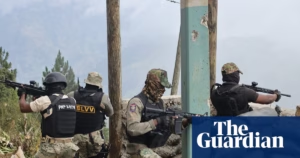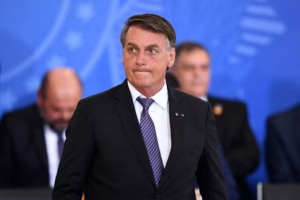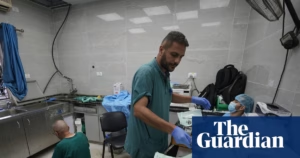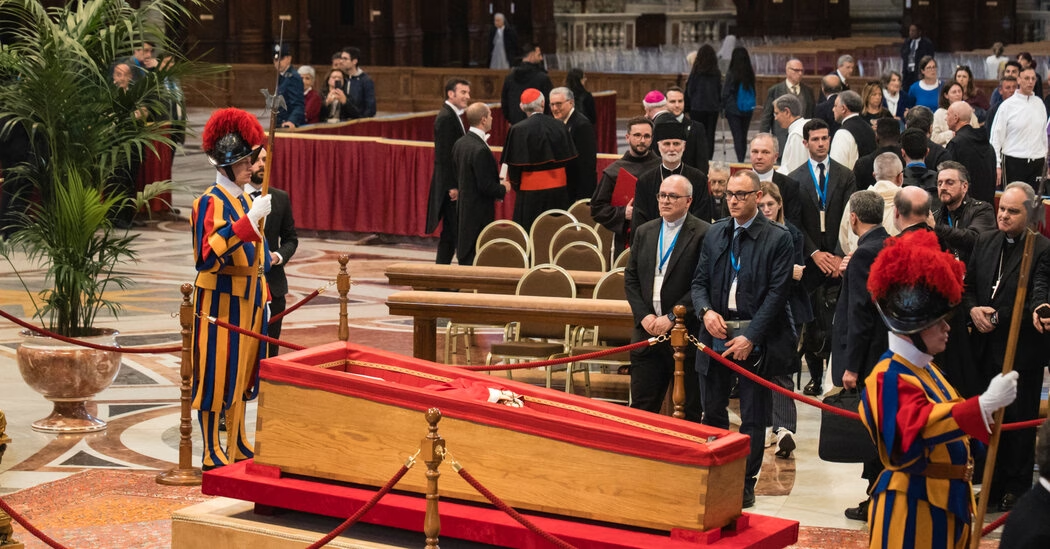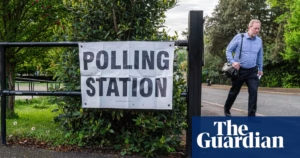Pope Francis, born Jorge Mario Bergoglio in Buenos Aires in 1936, had a modest upbringing and a deep religious faith, feeling a calling to become a priest at the age of 16 after an experience in a Buenos Aires basilica. Ordained in 1969, he later was named an auxiliary bishop of Buenos Aires in 1992 and archbishop in 1998, becoming cardinal in 2001.
Francis was elected pope in 2013, the first from the Jesuit order and Latin America, championing the causes of migrants and the disenfranchised while confronting the church’s scandal history. Though his efforts to include more voices in the church and fight clerical sexual abuse earned him supporters, some conservative members of the church pushed back against what they saw as a departure from tradition.
His legacy, marked by inclusion and activism, also faced controversies, such as his handling of allegations of abuse during Argentina’s “dirty war” and the church’s response to clerical sexual abuse. He sought to build bridges with other religions and made key diplomatic moves, including facilitating improved relations between the U.S. and Cuba and struck a deal with China over bishop appointments. Despite health issues, including a hospitalization in his final years, Francis died in 2025, leaving a complex legacy as both a reformer and a controversial figure within the Catholic Church.
Source: https://www.nytimes.com/live/2025/04/26/world/pope-francis-funeral/the-funeral-plan-is-simple-for-a-pope
